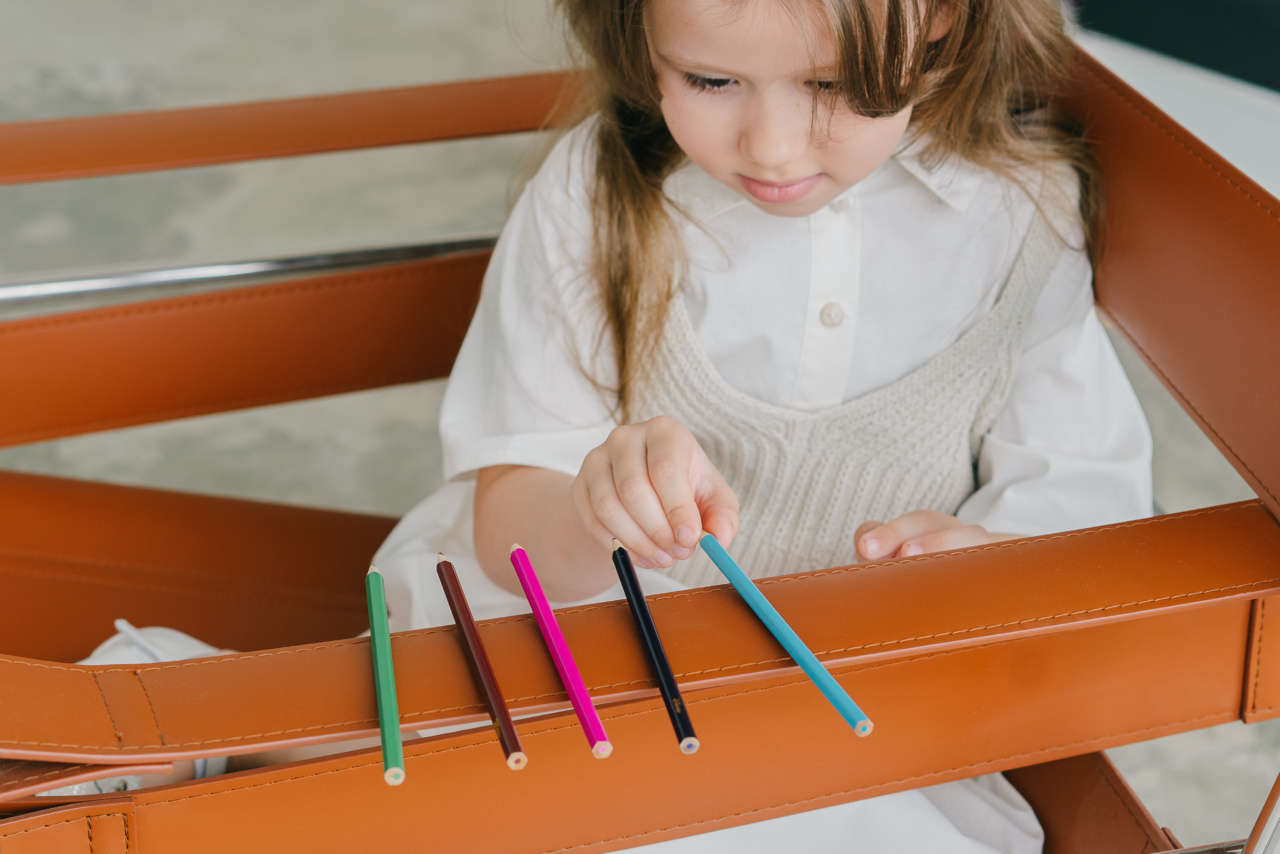Autism is a complex developmental disorder that affects a person’s ability to communicate, socialize, and understand others.
It is estimated that 1 in 54 children in the United States has been diagnosed with autism spectrum disorder (ASD), making it one of the most prevalent developmental disorders today.
While there is no cure for autism, various therapies and interventions can help individuals with ASD improve their overall quality of life.
One such intervention is the use of music therapy, which has been found to particularly benefit individuals with autism by enhancing their concentration and socialization skills. In this article, we will explore some of the top musical instruments that can aid in the development of concentration and socialization for individuals with autism.
1. Piano
The piano is a versatile instrument that offers numerous benefits for individuals with autism. It can help improve concentration and focus, as well as enhance fine motor skills.
Playing the piano requires coordination between hands and fingers, engaging both sides of the brain.
Furthermore, the piano provides a structured approach to learning music, which can be beneficial for individuals with autism who thrive on routines and predictability.
It also allows for individual expression and creativity, which can contribute to the development of socialization skills.
2. Guitar
The guitar is another popular instrument that can effectively promote concentration and socialization for individuals with autism. Learning to play the guitar involves hand-eye coordination and fine motor skills, similar to the piano.
However, the guitar offers a different tactile experience and can be easier to handle for some individuals.
Playing the guitar can also be a social activity, as it often involves playing with others in bands or ensembles.
This can provide opportunities for individuals with autism to interact and collaborate with peers, fostering socialization skills while enjoying the therapeutic benefits of music.
3. Drums
For individuals with autism who are more inclined towards rhythmic activities, the drums can be an ideal instrument for developing concentration and socialization skills.
Playing the drums requires coordination between hands and feet, enhancing motor skills and focus.
The rhythmic nature of drumming can have a calming effect on individuals with autism, helping them regulate their emotions and reduce anxiety.
Drum circles or group drumming sessions can also provide opportunities for social interaction, as participants take turns playing different rhythms and patterns together.
4. Violin
The violin is a highly versatile instrument that offers both individual and group learning opportunities for individuals with autism.
Learning to play the violin requires a keen sense of focus and concentration, as well as fine motor skills and hand-eye coordination.
Playing the violin can also help individuals with autism develop listening skills and enhance their ability to interpret and express emotions through music.
Joining an ensemble or orchestra can provide socialization opportunities, as individuals collaborate with others to create harmonious music.
5. Flute
The flute is a wind instrument that can be an excellent choice for individuals with autism who prefer a lighter and more portable instrument. Learning to play the flute requires focused breath control, finger coordination, and auditory processing.
Playing the flute can improve concentration and attention span, as individuals need to listen carefully to create the desired sounds.
It also offers opportunities for socialization through participation in bands, orchestras, or flute ensembles, where individuals can learn to communicate and connect with others through music.
6. Saxophone
The saxophone is a versatile instrument that can provide numerous benefits for individuals with autism.
Learning to play the saxophone requires breath control, finger coordination, and the ability to read musical notes, promoting concentration and focus.
Playing the saxophone can also enhance motor skills and coordination, as individuals learn to control the different keys and produce different tones.
Joining a saxophone ensemble or band can foster socialization skills, as individuals interact with fellow musicians and perform together.
7. Xylophone
The xylophone is a percussive instrument that can be particularly engaging for individuals with autism. It offers a tactile and visual experience, as individuals strike the wooden bars to create different musical notes.
The xylophone can aid in the development of concentration and fine motor skills, as individuals need to strike the bars with precision. It can also be used in group settings or music therapy sessions to encourage social interaction and turn-taking.
8. Trumpet
The trumpet is a brass instrument that can be an excellent choice for individuals with autism who enjoy loud and powerful sounds. Learning to play the trumpet requires focused breath control, lip coordination, and the ability to read musical notations.
Playing the trumpet can enhance concentration and focus, as individuals need to follow musical scores and play specific notes.
Joining a brass band or ensemble can provide opportunities for socialization, as individuals collaborate with others to create harmonious music.
9. Djembe Drum
The djembe drum is a traditional African drum that offers numerous benefits for individuals with autism. Playing the djembe drum involves hand-eye coordination, fine motor skills, and rhythmic expression.
The rhythmic nature of the djembe drum can be soothing for individuals with autism and help promote relaxation and emotional regulation.
It can also be used in group settings or drum circles to encourage social interaction, as individuals take turns playing different rhythms together.
10. Keyboard
The keyboard is a versatile instrument that can be beneficial for individuals with autism due to its compact size and easy accessibility. Playing the keyboard can help individuals develop fine motor skills, hand-eye coordination, and concentration.
The keyboard offers a wide range of sounds and allows individuals to experiment with different musical styles and compositions.
It can also be connected to other instruments or used in electronic music production, providing opportunities for socialization and collaboration.
Conclusion
Music therapy, especially through the use of various musical instruments, can significantly benefit individuals with autism by improving concentration and socialization skills.
Instruments such as the piano, guitar, drums, violin, flute, saxophone, xylophone, trumpet, djembe drum, and keyboard offer unique opportunities for individuals with autism to engage in enjoyable and therapeutic musical experiences while fostering their overall development.






























